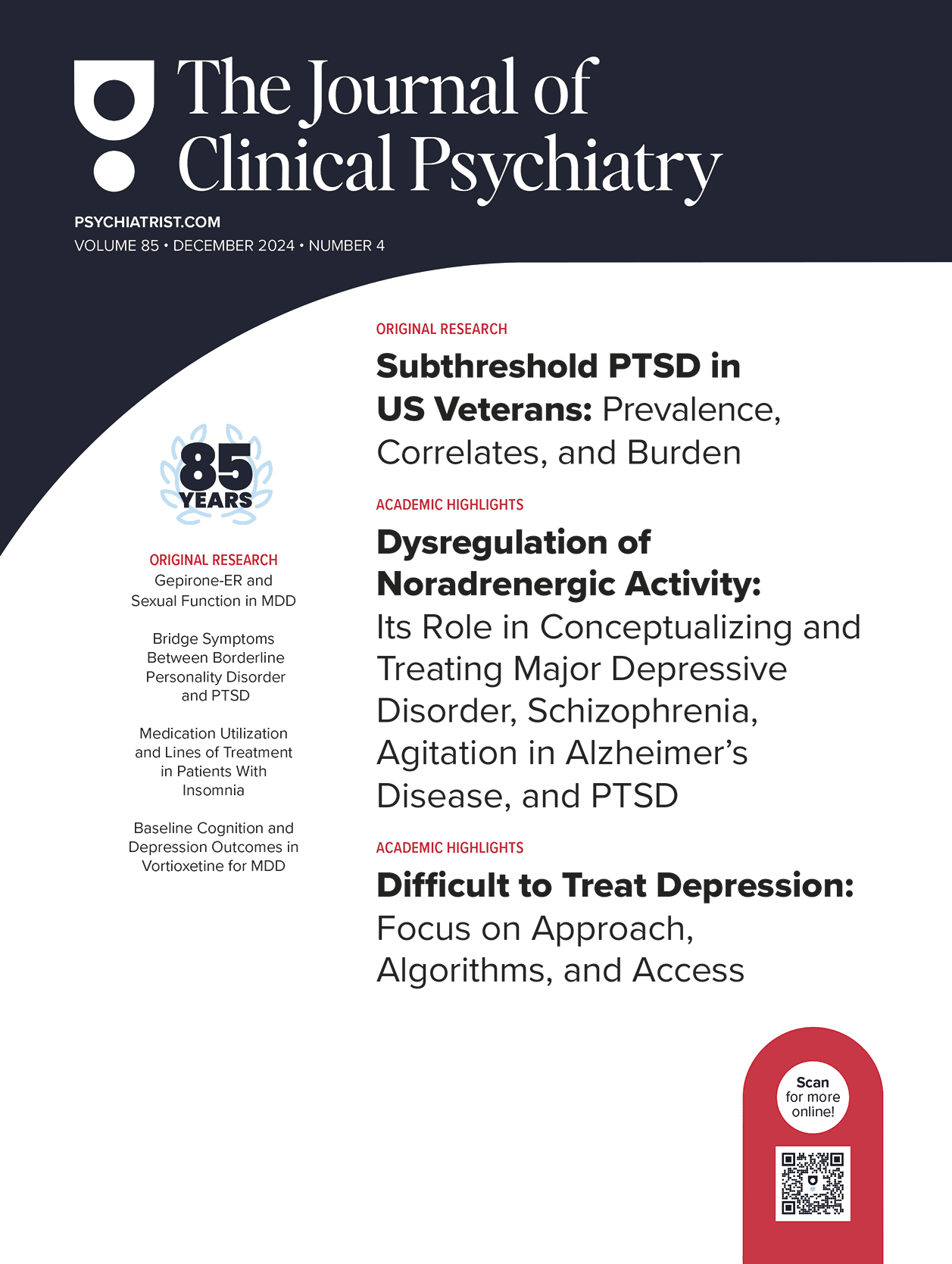Background: Preliminary studies suggested that delta-9-tetrahydrocannabinol (THC), the major psychoactive ingredient of Cannabis sativa L., might be effective in the treatment of Tourette syndrome (TS). This study was performed to investigate for the first time under controlled conditions, over a longer-term treatment period, whether THC is effective and safe in reducing tics in TS.
Method: In this randomized, double-blind, placebo-controlled study, 24 patients with TS, according to DSM-III-R criteria, were treated over a 6-week period with up to 10 mg/day of THC. Tics were rated at 6 visits (visit 1, baseline; visits 2-4, during treatment period; visits 5-6, after withdrawal of medication) using the Tourette Syndrome Clinical Global Impressions scale (TS-CGI), the Shapiro Tourette-Syndrome Severity Scale (STSSS), the Yale Global Tic Severity Scale (YGTSS), the self-rated Tourette Syndrome Symptom List (TSSL), and a videotape-based rating scale.
Results: Seven patients dropped out of the study or had to be excluded, but only 1 due to side effects. Using the TS-CGI, STSSS, YGTSS, and video rating scale, we found a significant difference (p < .05) or a trend toward a significant difference (p < .10) between THC and placebo groups at visits 2, 3, and/or 4. Using the TSSL at 10 treatment days (between days 16 and 41) there was a significant difference (p < .05) between both groups. ANOVA as well demonstrated a significant difference (p = .037). No serious adverse effects occurred.
Conclusion: Our results provide more evidence that THC is effective and safe in the treatment of tics. It, therefore, can be hypothesized that the central cannabinoid receptor system might play a role in TS pathology.
Continue Reading...
Did you know members enjoy unlimited free PDF downloads as part of their subscription? Subscribe today for instant access to this article and our entire library in your preferred format. Alternatively, you can purchase the PDF of this article individually.
Please sign in or purchase this PDF for $40.00.
Save
Cite
Already a member? Login




